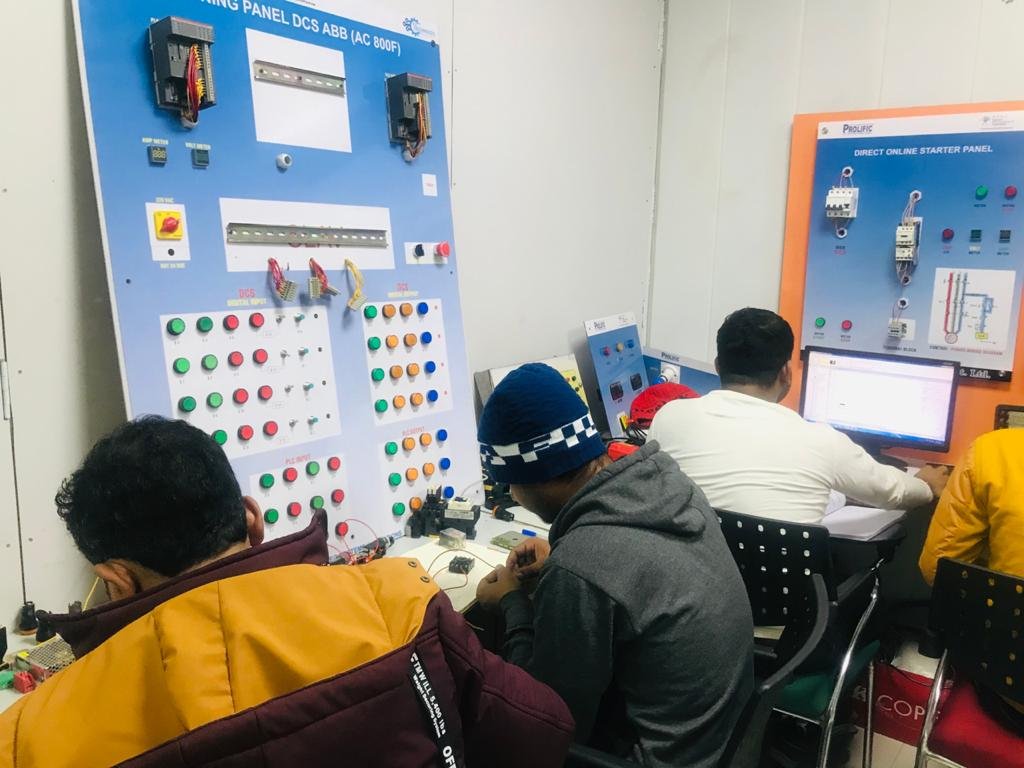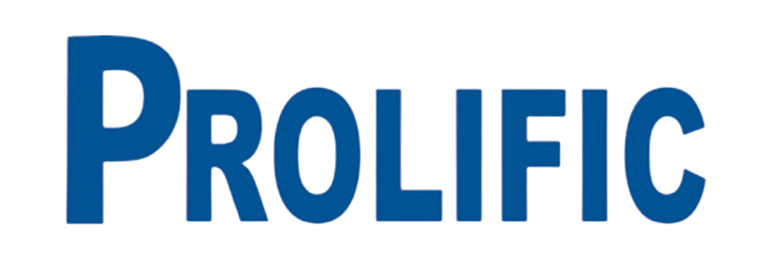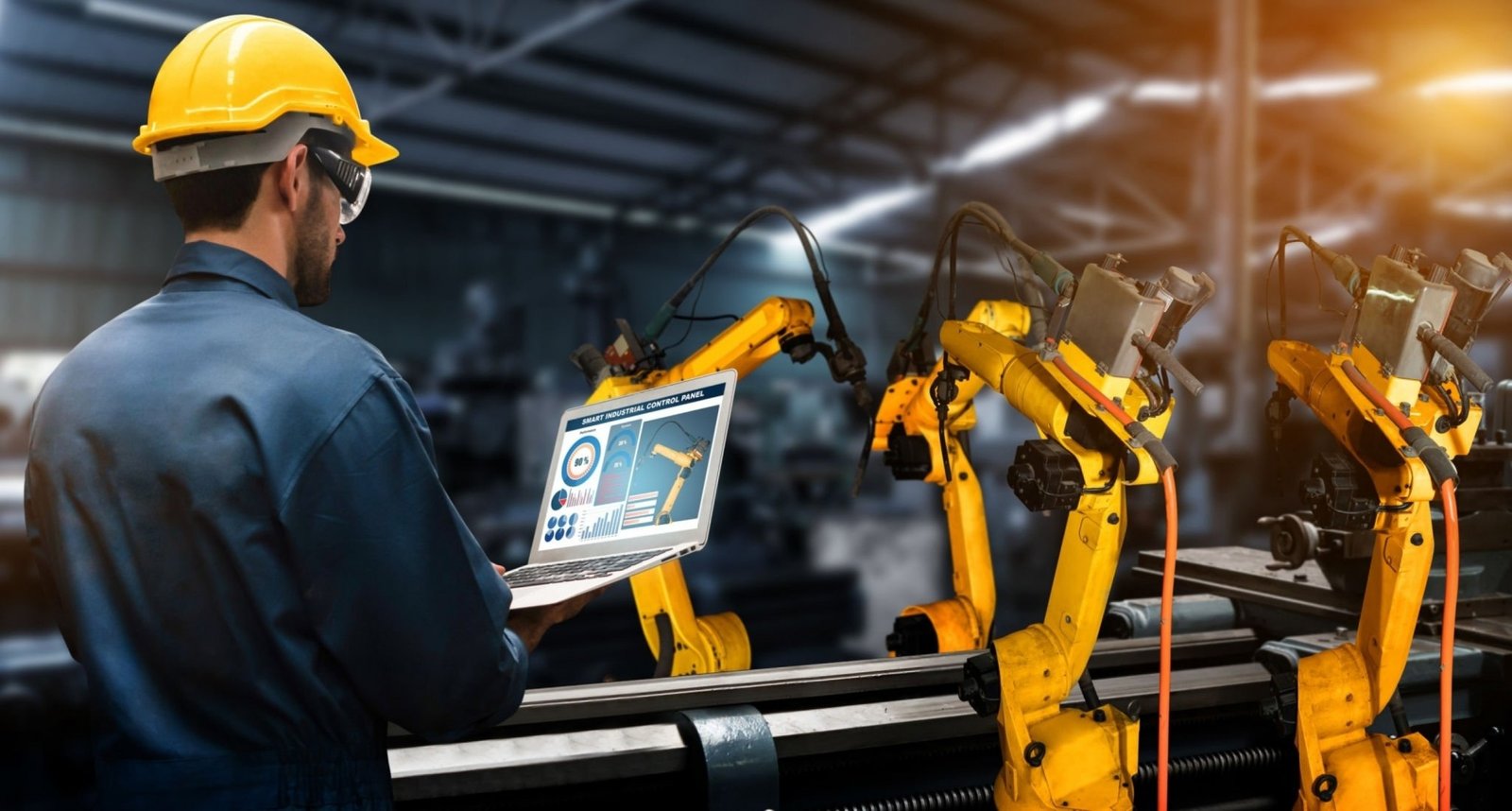Induction Module – Instrumentation Engineering
- Home
- Our Courses
- Automation
- Electrical - 10th or 12th/ITI
- Induction Module – Instrumentation Engineering
Embark on an exciting journey into the world of Instrumentation Engineering with our specialized Induction Module. Delve into the principles of measurement, control systems, and instrumentation technology. Gain the skills to design, implement, and maintain instrumentation systems used in various industries, from manufacturing to process automation.

Created by
Prolific Automation
Categories
Electrical - 10th or 12th / ITI
Course Description
The “Induction Module – Mechanical Engineering” course at Prolific Automation is an intensive and comprehensive introduction to the fundamental concepts of Mechanical Engineering. This course is specially curated for both newcomers to the field and those looking to refresh their foundational knowledge. The course content is structured to provide a broad overview of key areas such as mechanics, materials science, thermodynamics, and design principles. The carefully designed curriculum ensures that students gain a solid foundation, enabling them to tackle more advanced topics in their engineering journey.
What you’ll learn
- Fundamentals of Mechanics: Understand the core principles of forces, motion, and the interaction of matter.
- Basics of Thermodynamics: Learn the principles of energy, heat, and work to understand the behavior of mechanical systems.
- Introduction to Materials Science: Acquire knowledge about different materials used in engineering and their properties.
- Principles of Design: Gain insights into the design process in mechanical engineering, including CAD (Computer-Aided Design) basics.
• To gain knowledge on variety of instrumentation systems used in the plants
• To develop skills in installations, trouble shooting and maintenance
• To develop the ability to read and interpret P & I D circuit diagrams
• Transmitters and Signal types: Types of signals, Function of a transmitter, Block Diagram of a transmitter
• Commonly used field instruments and their applications
• Physical Parameters and their measurements: Temperature, Pressure, Flow
• Basic principles, Scales, Thermocouples & RTD’s, Thermostats
• Radiation thermometry
• Temperature transmitters
• Selection, Installation and Commissioning
• Basic principles
• Sensors and Transmitters
• Erection and Commissioning Guidelines
• Calibration practices
• Maintenance & Trouble shooting
• HART Communication
• Field bus technology
• Data Acquisition Systems
• Introduction to Data Acquisition Systems
• Acquiring and Accessing Real‐time and Historical trends
• Alarm Management
• Reporting
• Introduction to process control technique
• Types of control systems used in the plant
• Introduction to PID Controllers, PLC and DCS control system
• Comparison between various control systems
• Selection of control system to suit the local requirement









